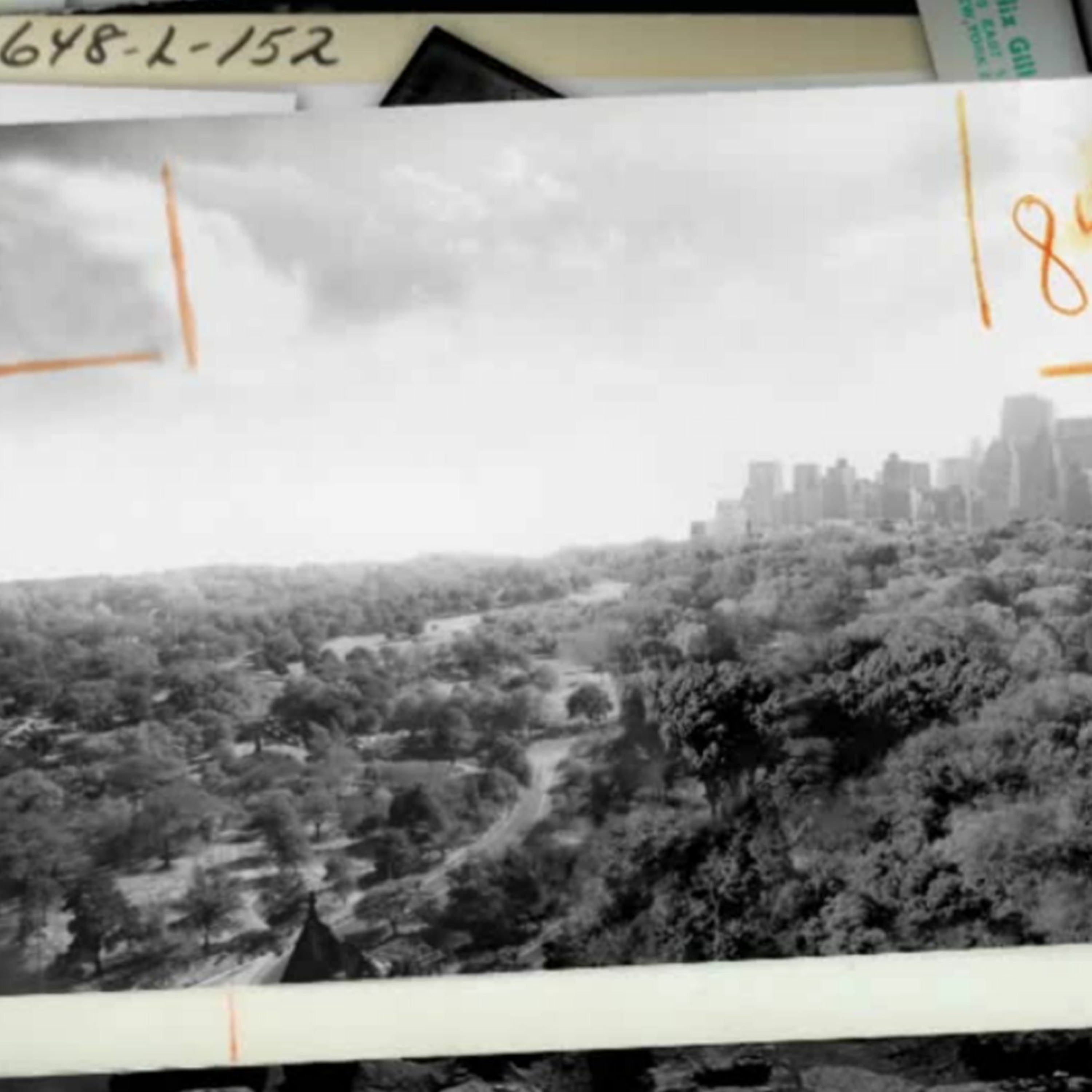Documentaries, Journalism, And The Future Of Reality-Based Storytelling

Documentary and journalism have a complicated relationship. They share commitments to reality-based storytelling, yet have distinctive legacies and institutional histories. They share technologies, vocabularies and modes of address, yet have different notions of time, from the \u2018now\u2019 of breaking news to the \u2018timeless\u2019 status of classic documentaries. At a moment when the Internet has emerged as a platform common to print and broadcast journalism as well as new forms of interactive and participatory documentary, complication seems more like confusion. One might try to clarify the situation by disambiguating these genres, solidifying their boundaries. We seek instead to make productive use of the situation by taking advantage of their commonalities, finding ways to re-invent and re-invigorate both documentary and journalism, in the process expanding their audiences and enhancing their relevance. Documentaries have demonstrated the advantages of synergistic thinking, finding a new place and new publics through digital journalism portals. But what can new forms of documentary contribute back to journalism? To answer that question, we have to think critically and creatively about the affordances of these different traditions in light of their new ecosystem.\n\n* Raney Aronson, deputy executive producer, FRONTLINE\n* Katerina Cizek, documentary director, National Film Board of Canada\n* Jason Spingarn-Koff, New York Times Op-Docs editor\n* Francesca Panetta, Guardian multimedia special projects editor\n* Moderator: William Uricchio, MIT